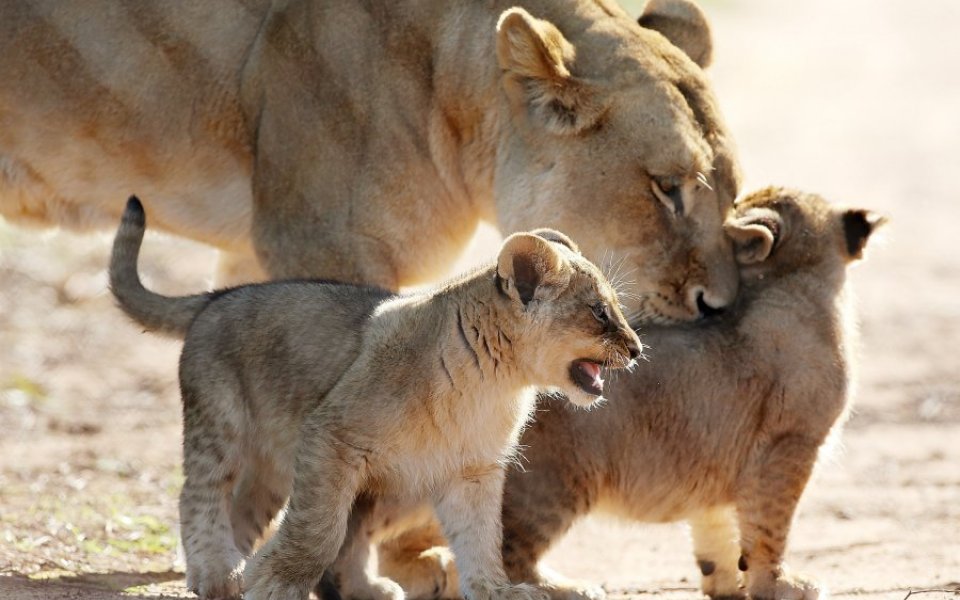Three Lions and a Dog: Otherwise known as three great British companies you can’t buy and one (GSK) you don’t want to

As England gears up for Euro 2016, four British companies stand out in the investment field: three lions and a dog.
Unlike the lions on the football team’s shirts, these firms are global sector leaders with excellent and defendable competitive positions, good growth prospects and a high intrinsic value. Sadly, they cannot be bought on the stock market.
The “dog” can be bought, but has a terrible stock market reputation and a share-price that has gone nowhere for 10 years. However, the four are intriguingly linked.
My first lion is a world-leading vaccine company, with sales of £3.7bn supplying 170 countries. It also has promising new products and research into malaria, HIV and Ebola.
One of the ironic attractions of selling vaccines is the complex, lengthy and expensive process of bringing new products to market, restricting competition and allowing the business to sustain high returns.
Lion number two is the world’s largest over-the-counter (OTC) medicine company, with a number one market position in 36 countries and sales of £6.3bn – roughly twice those of Reckitt Benckiser’s health division. Brands include Sensodyne toothpaste, Panadol and Voltaren. These OTC medicines have high consumer loyalty levels and can be very profitable.
The third lion is one of the world’s leading pharmaceutical manufacturers for the treatment of HIV. In 2015 annualised sales reached £2.3bn with two relatively new products driving overall growth of 54 per cent over 2014. The business makes an operating margin of over 70% before research & development costs.
The dog of the group is GlaxoSmithKline (GSK), one of Britain’s biggest companies and a disappointing investment for many years. The share price today is still below the level reached at the turn of the century, and core earnings per share have gone backwards since 2010.
| GSK | 2010 | 2011 | 2012 | 2013 | 2014 | 2015 |
| Core EPS | 124.6 | 114.5 | 111.4 | 107.4 | 95.4 | 75.7 |
As such, only eight out of 34 sell-side analysts give the stock buy recommendations. By comparison, AstraZeneca receives 20 out of 36.
So what connects the three lions and the dog?
The GSK dog in fact owns all three lions and derives half its consolidated revenues from them. What this strange dichotomy masks is the massive transformation taking place in the company over the last few years.
GSK has been running up a down escalator. Legacy blockbuster drugs like Seroxat/Paxil, Advair and Lovaza reached the end of their patent lives causing both sales and profits to drop. Cash conversion has been poor and shareholders’ main reward has been a healthy dividend payment.
Going forwards however, things look completely different. Significant corporate change – notably the major asset swap with Novartis last year – has substantially increased GSK’s consumer operations. Its three lions each have good organic growth prospects, with scope to improve their profitability as synergy benefits accrue.
Also, the remaining pharmaceutical business now looks more broadly spread with a range of new products, particularly in the respiratory field. These should provide a more diversified platform and stable base into the future.
I may have limited confidence that England’s three lions will roar into the finals of the European Championship this year, but for GSK the “years of hurt” may well be over.